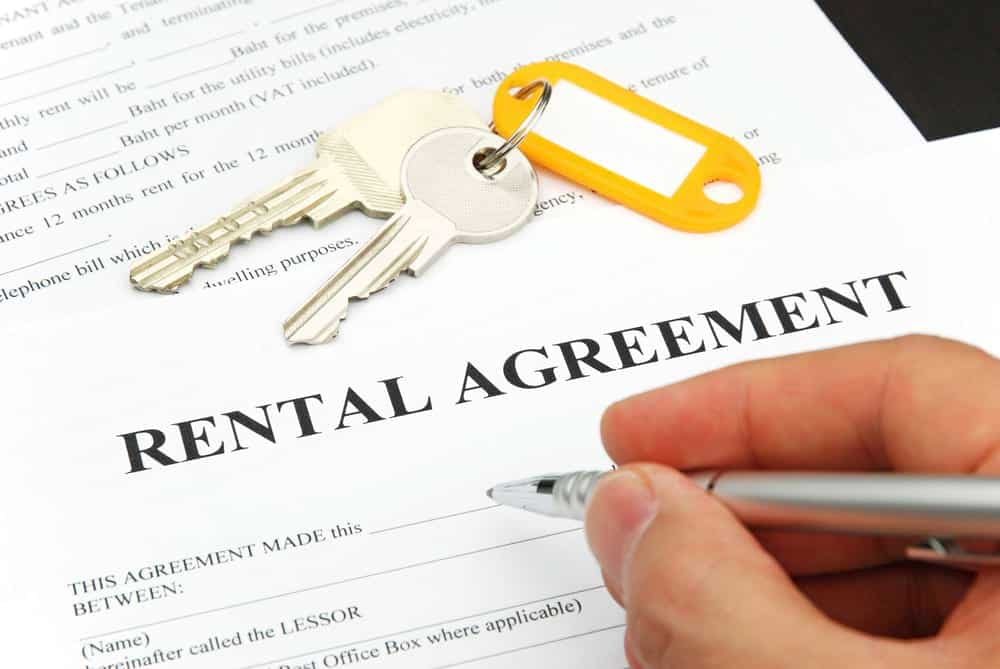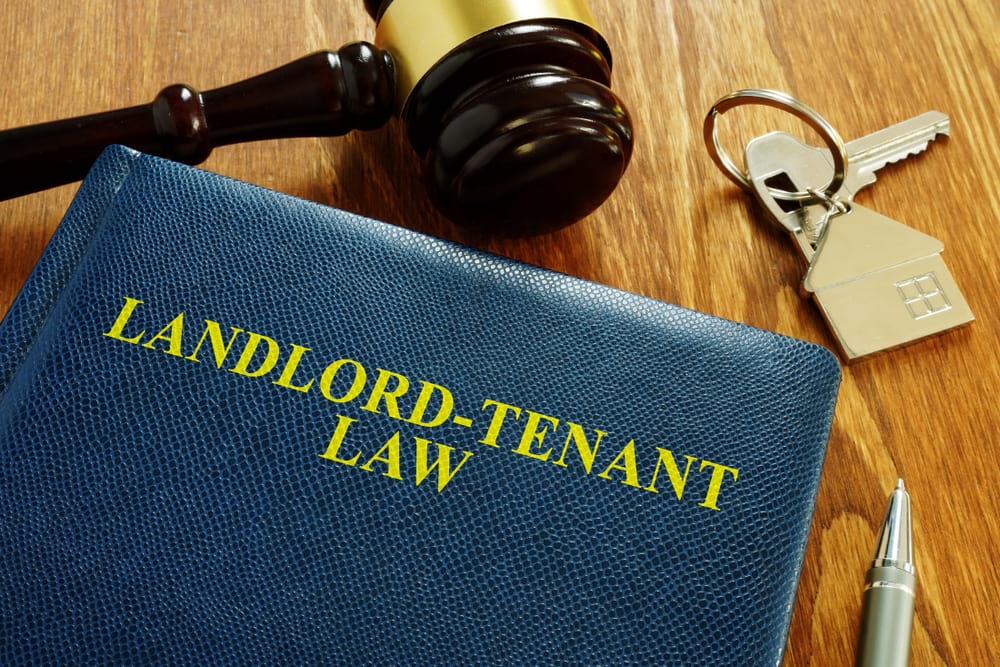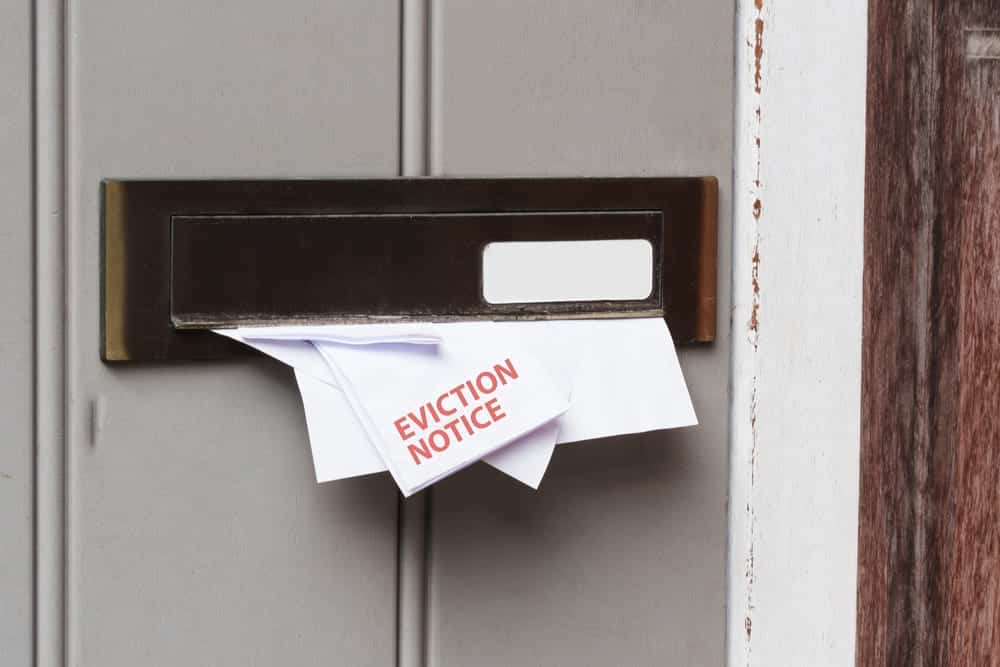Selling a property that you currently rent out requires some care and planning.
Tenants have legal rights that you must consider. As a landlord preparing to sell, you must notify your tenant, handle viewings, and cooperate with the sales process.
We’ll cover what communications are needed and the steps recommended when selling a tenanted property.
Do I have to inform my tenant that I’m going to sell the house?
Shelter England states that a landlord selling their property should tell tenants about the sale. They should also give details of the new landlord.
Giving your tenant notice that a new owner will be taking over gives them time to prepare for this. For instance, they may want to move out and look for a new place to rent.
Not informing your tenant could lead to misunderstandings and potential legal issues. Keeping your tenant informed throughout the process will also foster goodwill.
Message by letter
When you do decide to inform your tenant about your sale, do so in writing. A letter is official and creates a paper trail.
Include critical details like the expected sale timeline and when showings may start.
Assure them that you will limit disruptions as much as possible and give them at least 24 hours’ notice before any viewings take place.
Can I evict my tenant before I sell the property?
It depends on the terms of your tenancy contract.
A Section 21 notice enables you to evict your tenant without them having broken any rules. The terms of this will usually be in your contract.
The UK government pledges to ban ‘no fault’ Section 21 evictions soon.
This means that landlords may soon only remove tenants if they breach the terms of their tenancy.
Even then, a court order is needed. Try to avoid needing to evict, as it can be a lengthy process.
If the tenancy is on a rolling periodic basis, you must provide at least two months’ notice. This is done via a Section 21 ‘no fault’ eviction notice.
But there are steps tenants can take to stay longer. And, with the laws set to change, this may not be the appropriate course of action for much longer.
Evicting a tenant to sell could damage your reputation. Instead, it is a better idea to wait for the tenancy to end.
Or, in the case of a rolling tenancy, offer them an incentive to leave early, like cash for keys.
This involves providing financial help to help your tenants move out. Examples include moving costs or discounting their final month’s rent.
Do I have to give my tenant first refusal on buying the house?
Landlords don’t need to allow tenants to buy the property before selling it. Although this may also change soon under new government.
Tell your tenants about your plans to sell. Give them the opportunity to make an offer first. This can make them feel valued and included in the process. They might be eager to buy, saving you time and money.
If interested, the tenant must secure a mortgage in principle and have conveyancers ready. Their offer must match what you would get selling publicly. You don’t have to accept a reduced price.
To sell to your tenant, get any agreement in writing. This should explain timeframes and deposits. It should also cover what happens if they cannot proceed.
Even if your tenant does not want to buy the property, keeping them informed is good practice.
Tell potential buyers that there is a sitting tenant. Explain their rights and when the tenancy ends. This can avoid problems down the line.
How to write a letter to tenant about selling property
When informing your tenant you plan to sell, it is best to send a formal letter in writing.
You should address the letter to the lead tenant and include the full property address.
In the content, state your intention to put the property on the market in clear terms. Provide critical dates, such as when you plan to start viewings.
Reassure your tenants that you’ll do your best to minimise disruptions. Lay out your expectations around access for valuations and viewings. This makes them feel more secure about the process.
If you are offering them first refusal, you can invite them to make an offer by a specified date before listing.
Provide appropriate contact information for any questions. You can also guide your tenant on their rights during sales.
Close the letter by thanking them for their cooperation. The letter should strike a balance – covering the critical points while remaining personable. Keep a copy for your records, too.
Should I get a conveyancer to support me when writing this letter?
You do not need a conveyancer’s input to inform a tenant you are selling.
The letter only needs to cover the basics, like your intention to sell and the timeframe. Requests for access to viewings, etc., do not need legal expertise.
Professional advice ensures you meet your obligations. Conveyancers can review your letter and include essential details you may miss.
This is prudent if you expect issues with the tenant or want to offer first refusal.
They can advise on the right approach for the tenancy agreement and termination date. Backup from a conveyancer reduces problems.
How to host property viewings with a sitting tenant
Viewings can be disruptive for tenants but are essential when selling. Provide 24 hours’ notice for each viewing. Always check that the tenant is agreeable to the date and time.
Arrange viewings during sociable hours on weekdays or weekends. Avoid very early, late or dinnertime slots.
Ask the tenant to clean and tidy beforehand if needed. They are not obliged to, but it creates a good impression.
You should then go to all viewings yourself or use an agent. Never give viewers keys or access.
Restrict viewings to 30 minutes. Allow the tenant to be present during viewings or leave if preferred. Respect their space and privacy.
Be patient and understanding if your tenant seems frustrated by regular viewings. Always be polite as this is better for everyone.
Sell your tenanted property fast with We Buy Any Home
If you’re want to sell a property with tenants, We Buy Any Home can help.
We are chain-free cash house buyers who can purchase your tenanted property up-front and quickly, without hassle or stress.
Fill in our enquiry form below if you want a cash offer for your house.



















